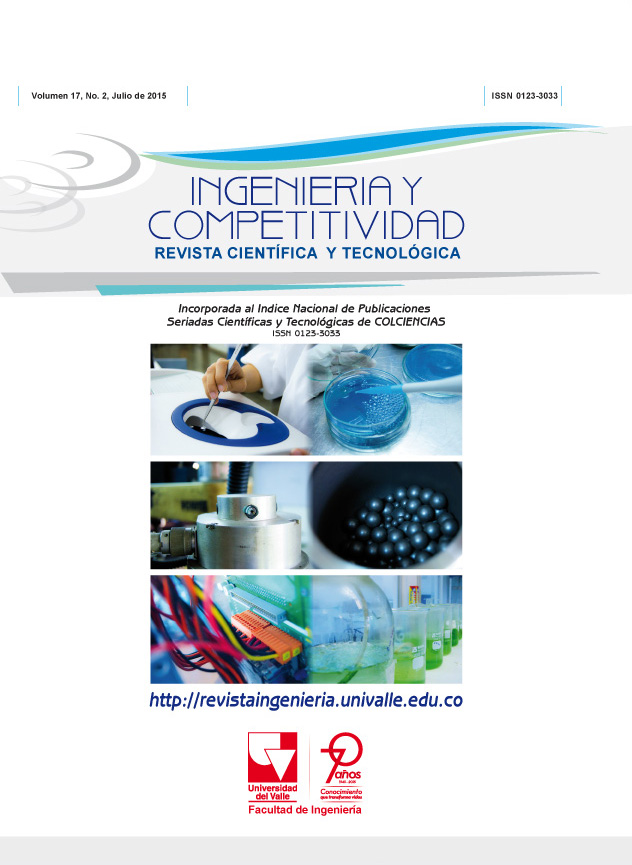Reúso de aguas residuales: impacto en los atributos químicos y macronutricionales en un suelo inceptisol irrigado con aguas residuales domésticas tratadas
Palabras clave:
Calidad de aguas, macronutrientes, propiedades químicas, riego agrícolaContenido principal del artículo
Este estudio tuvo como objetivo estimar el potencial impacto en los atributos químicos y macronutricionales de un suelo inceptisol sembrado con caña de azúcar y sometido a tres diferentes tratamientos de riego: Efluente de la PTAR-C (T1), Agua de Pozo (T2) y Agua de Pozo más fertilización química (T3). Se instaló un experimento en bloques completos al alzar con parcelas divididas con tres repeticiones. Al final del estudio se encontró que las relaciones de bases químicas (Ca/Mg, Mg/K, Ca+Mg/K) mejoraron en todas las parcelas, en todos los tratamientos, situación que se ratifica al no encontrarse diferencias estadísticas significativas entre los tratamientos. Así mismo, se encontró que el tipo de tratamiento no influyó en la variación en los contenidos de los macronutrientes (N, P, K) del suelo. Los contenidos de materia orgánica, P, Na y K aumentaron; y disminuyeron los de nitrógeno inorgánico(N-NH , N-NO ) independientemente del tratamiento, lo que permite inferir la no asociación de impactos adversos4 3en el suelo por el reúso de agua residual tratada en riego de caña de azúcar.
Downloads
Los autores que publican en esta revista están de acuerdo con los siguientes términos:
Los autores ceden los derechos patrimoniales a la revista y a la Universidad del Valle sobre los manuscritos aceptados, pero podrán hacer los reusos que consideren pertinentes por motivos profesionales, educativos, académicos o científicos, de acuerdo con los términos de la licencia que otorga la revista a todos sus artículos.
Los artículos serán publicados bajo la licencia Creative Commons 4.0 BY-NC-SA (de atribución, no comercial, sin obras derivadas).

